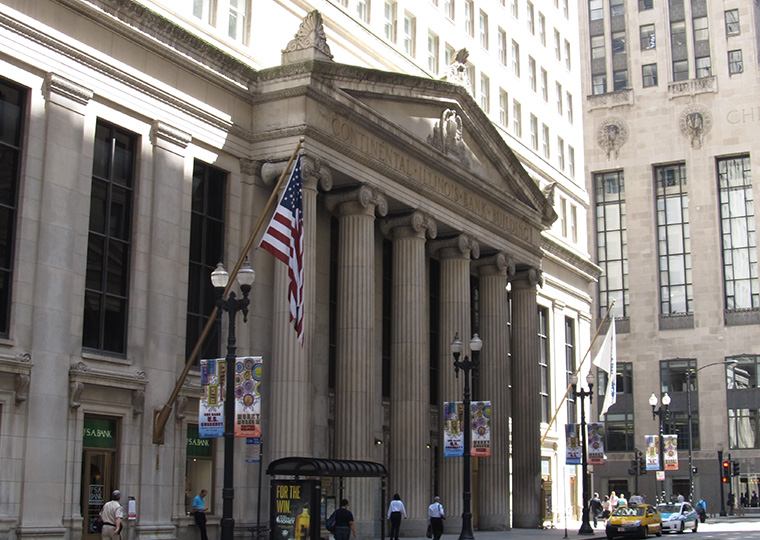Henry Friedman’s research finds, surprisingly, that major economic news actually heightens attention paid to company announcements
For an attention seeker, walking into a crowded room already abuzz with conversation would seem less ideal than making an entrance into a quieter setting where his intended audience is less distracted.
Applied to the corporate world, the conventional wisdom suggests that an earnings announcement made on a slow (uncrowded) news day will get more attention, as investors would ostensibly have more bandwidth to absorb the news.
UCLA Anderson’s Henry Friedman and Daniel Andrei, and N. Bugra Ozel at the University of Texas, Dallas, find a more nuanced dynamic is at play that upends the conventional wisdom for C-suites.
Opt In to the Review Monthly Email Update.
The researchers report in a working paper that the distracted-investor principle is dependent on the type of news. If the big news of the day is in the realm of business/economics, an earnings report released into that news cycle will get more, not less, attention from investors.
Mining data from the News Coverage Index maintained by the Pew Research Center’s Project for Excellence in Journalism, they sorted five years’ worth of news through 2011 into three categories: business and economics, government and politics, and the catchall of “other.” They devised indices to sort days for their level of “big news” that factored in the pickup across news outlets in all types of media, and the amount of space or time devoted to a given news item. They then analyzed investor reaction to earnings announcements across big days in their three broad news categories.
“The nature of the events of the media have a significant effect on whether the news distracts or attracts attention to earning announcements,” they report.
Supporting prior research, Friedman, Andrei and Ozel find that the art of distraction works when the big news of the day is focused on non-financial matters. But an abundance of economic or business news has the opposite effect, attracting investor attention that increases the reaction to earnings news.
“Days with big news/economic events tend to have larger absolute factor returns, greater price protection, and more trading despite lower liquidity. Big news events related to government or falling into the ‘other’ category, in contrast, seem to be ignored by the market in aggregate.”
The same holds true for company-level stock performance on a day full of economic headlines and chatter. And it’s magnified if an earnings surprise is released on a big news days in the financial world.
Market sentiment seems to be galvanized when earnings are released into a day full of contextual news. The research found that after the initial reaction to the news, there is significantly less “price drift” over the next seven days.
Featured Faculty
-
Henry L. Friedman
Professor of Accounting; Faculty Vice Chair of Curriculum and Teaching
-
Daniel Andrei
Assistant Professor of Finance
About the Research
Friedman, H., Ozel, N.B., & Andrei, D. (2017). Big news, market reactions, and attention around earnings announcements.






